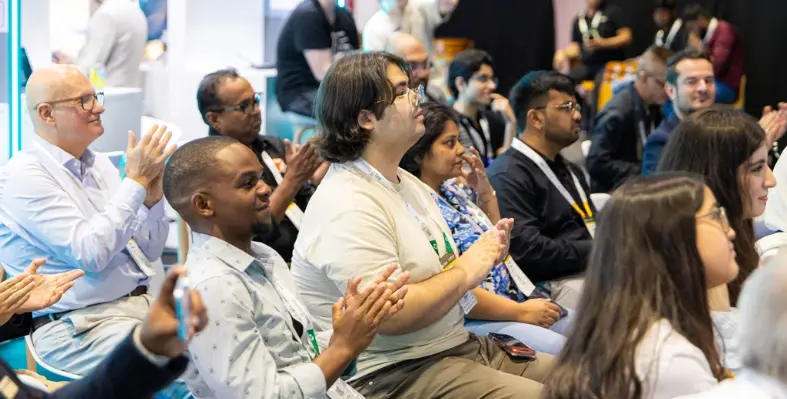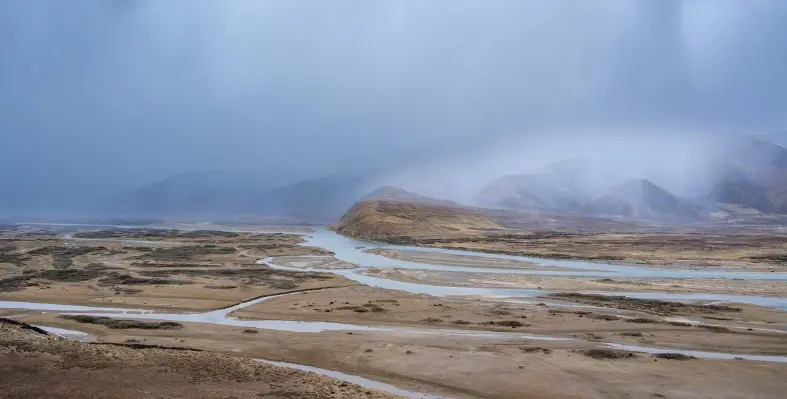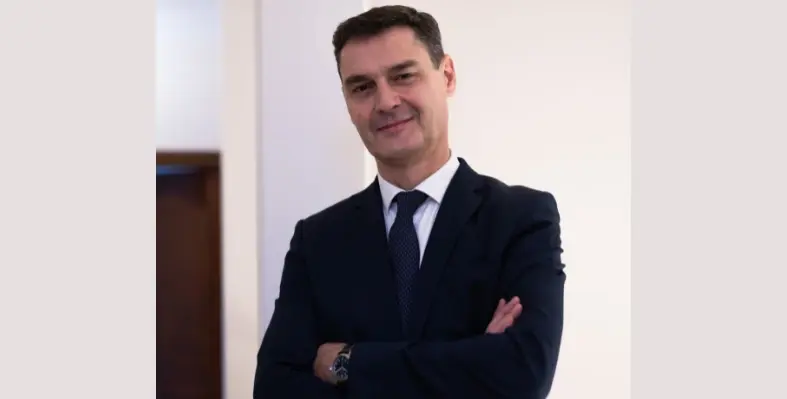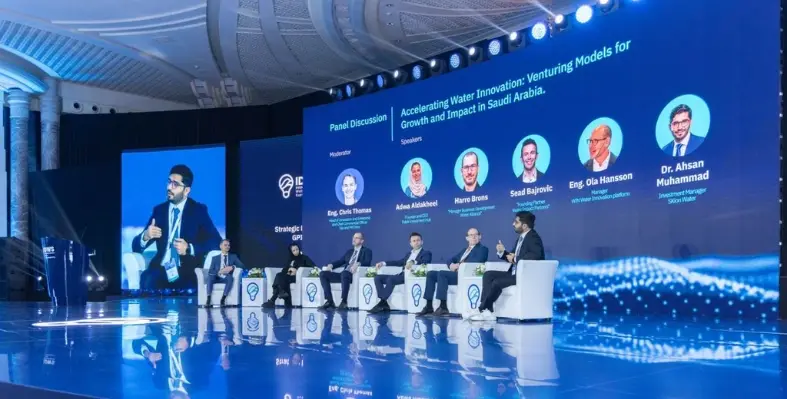The inaugural IFAT Saudi Arabia aims to accelerate investment in sustainable waste and water infrastructure across the Kingdom. The event will focus on knowledge exchange, policy dialogue, and sector collaboration through a strategic summit and a CPD-certified conference programme.
Taking place from 26-28 January at the Riyadh Front Exhibition & Conference Center, IFAT Saudi Arabia is designed to support national development goals and market readiness. The Summit and conference stages will examine how policy, capital, and technology can enhance waste and water systems, promote circular economy models, and strengthen long-term environmental resilience.
“Strengthening waste management systems is a key priority for supporting environmental protection, operational efficiency and resource recovery,” said Dr. Abdullah Al Sebaei, CEO of the National Center for Waste Management (MWAN). “IFAT Saudi Arabia creates a focused environment for stakeholders to exchange knowledge, review international experience and align on strategic approaches that support the Kingdom’s regulatory direction and circular economy ambitions.”
The invite-only IFAT Saudi Arabia Summit on 26 January will bring together senior government officials, regulators, investors, and industry leaders to discuss the strategic direction of the Kingdom’s waste and water sectors. Sessions will focus on impact investment, public-private partnerships, stakeholder engagement, and future readiness, featuring regional and international case studies and policy insights.
Key discussions include the Leaders Panel, which will assess the evolving waste and water economy in Saudi Arabia, and the Water Security Panel, led by the Saudi Water Authority, focusing on governance and integrated strategies for national water security. “A secure and resilient water sector requires long-term planning, strong governance and close coordination across public and private stakeholders,” said Eng. Mamdooh Alshuaibi, Vice President of Sustainability and Water Sector Services at the Saudi Water Authority. “IFAT Saudi Arabia provides a timely setting to discuss policy priorities, investment frameworks and technical approaches that support efficient water use, system resilience and sustainable service delivery across the Kingdom.”
Complementing the Summit, the CPD-certified conference programme will run across two thematic stages. Orange Stage will focus on waste management, recycling, and circular economy practices, featuring sessions on smart municipal solid waste systems, operational efficiency, and the role of digitalization and cybersecurity. Highlights include a panel marking the launch of the World Bank’s latest report on Solid Waste Management in MENA, in collaboration with the International Solid Waste Association.
Blue Stage, running 27–28 January, will explore water resilience, desalination, reuse, and digital transformation for utilities and industrial users. Sessions include a panel on Middle East water resilience organized by German Water Partnership, a brine mining case study led by NEOM, and discussions on financing and PPP models led by the International Water Association.
By connecting policy, investment, and applied solutions, IFAT Saudi Arabia aims to drive informed decision-making, cross-sector collaboration, and practical delivery across the Kingdom’s environmental ecosystem.











